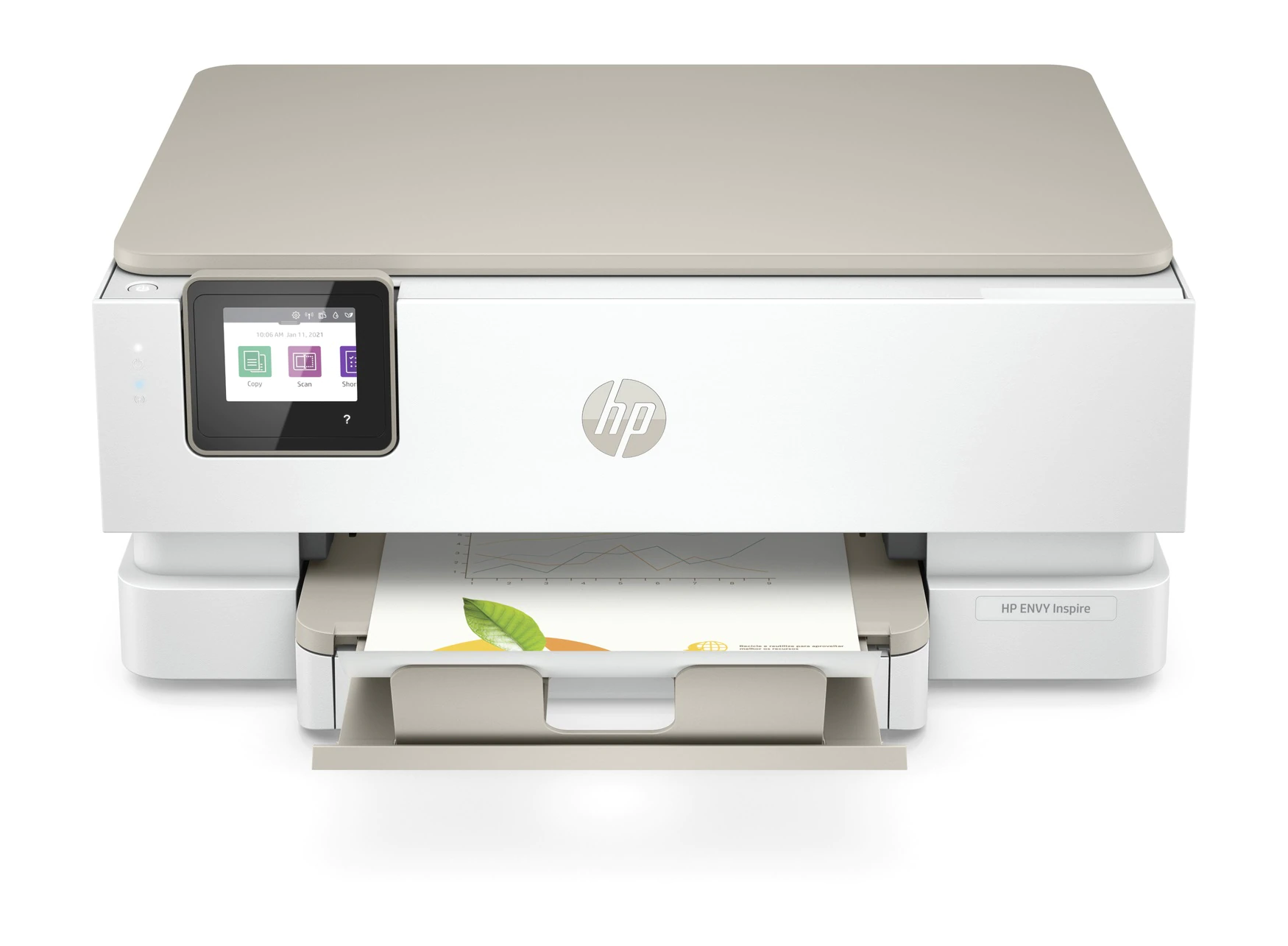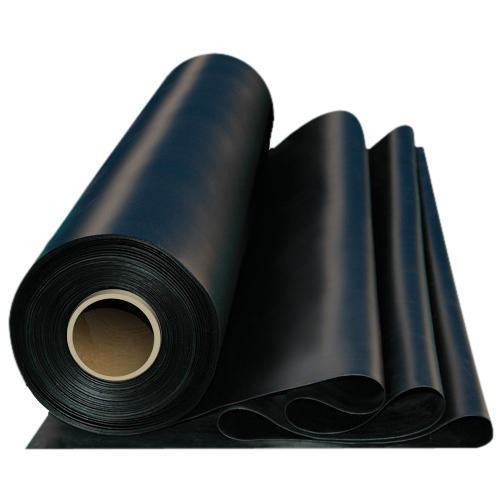A Comprehensive Guide to Buying and Exporting Gravel and Crushed Stone from Jamaica
A Comprehensive Guide to Buying and Exporting Gravel and Crushed Stone from Jamaica
Gravel and crushed stone are essential components in the construction industry, and Jamaica is a major producer and exporter of these materials. With its rich natural resources and strategic location in the Caribbean, Jamaica is well positioned to meet the needs of the global market. This comprehensive guide provides detailed information on the process of buying and exporting gravel and crushed stone from Jamaica. It covers the types of materials available, their sources, pricing, and quality control. It also outlines the legal requirements and the best methods of shipping and transportation. With the help of this guide, those interested in purchasing or exporting gravel and crushed stone from Jamaica can understand the process and make informed decisions.
Overview of Gravel and Crushed Stone in Jamaica
Jamaica produces a variety of gravel and crushed stone materials that are exported around the world. However, as a general rule, the southern and southeastern regions of the country are responsible for producing the majority of this material. – Southern Coastal Plain: This region is known for producing a significant amount of gravel for international markets. It is also the largest producer of crushed stone in the Caribbean. The main types of gravel found in this region include limestone, shale, and sand. Crushed stone produced here has a high level of limestone and shale. – Southeastern Coastal Plain: This region is also known for having high-quality limestone and shale gravel. The limestone found here is high in quality and has a very low amount of clay. – Northern Coastal Plain: This part of the country produces large quantities of limestone gravel. It also has the largest limestone reserves in all of the Caribbean.
Types of Gravel and Crushed Stone Available
There are many different types of gravel and crushed stone available in Jamaica. The following materials are the most common: – River Gravel: The most common type of gravel found in Jamaica. This material is found in river beds and is often used for construction. – Road Base: This is crushed limestone that is used as a base for roads and highways. – Crushed Limestone: This crushed material is often used in making concrete. – Crushed Granite: This is crushed rock used as a base for roads. – Crushed Shale: This rock is often used as an aggregate in concrete. – Crushed Slate: Slate is often crushed and used as a roofing material. – Crushed Sandstone: This material is crushed sandstone that is often used as a building material.
Sources of Gravel and Crushed Stone in Jamaica
– Southern Coastal Plain: The southern coastal plain is the most abundant source of gravel and crushed stone in Jamaica. It is also the largest producer of these materials in the Caribbean. – Southeastern Coastal Plain: The southeastern coastal plain has significant limestone and shale deposits. These materials are essential in the production of high-quality crushed gravel. – Northern Coastal Plain: This plain is rich in limestone, but it has low levels of clay, which makes it an ideal source for high-quality limestone gravel.
Pricing and Quality Control
The cost of purchasing and exporting gravel and crushed stone from Jamaica will vary depending on the specific type of material. The best way to determine the price for specific materials is to contact a few exporters directly. You can also look up the average price of these products in online marketplaces. The quality of the materials will also have an impact on pricing. To ensure that you are purchasing high-quality products, you should conduct thorough quality control tests at the source of the materials. You should also conduct a thorough inspection of all shipping containers before they are sent to your final destination.
Legal Requirements for Buying and Exporting Gravel and Crushed Stone
Before purchasing and exporting gravel and crushed stone, you will need to be aware of the current legal requirements. In order to ensure that your business is conducted legally, you should consult with an experienced customs broker. These professionals can guide you through the entire process and help you avoid common pitfalls. The following information outlines the key legal requirements for importing and exporting gravel and crushed stone from Jamaica: – Import and Export Restrictions: There are no restrictions on the import or export of gravel or crushed stone. The only exception is that all shipments must be declared at the port of entry. – Tariff Rate Quotations (TRQs): There are no TRQs for importing gravel and crushed stone. – Other Taxes and Duties: There are no other taxes or duties associated with importing gravel or crushed stone. – Customs Regulations: All shipments must contain the correct documents. – Transportation Regulations: The specific type of transportation used will depend on the volume and size of the shipment. – Health and Safety Standards: There are no specific health and safety standards to be aware of, but the gravel and crushed stone must be free of harmful chemicals and contaminants. – General Import Considerations: Importers should ensure that their suppliers are certified to produce these materials.
Shipping and Transportation Methods
Gravel and crushed stone are generally shipped in 40-foot shipping containers. If the volume of the shipment exceeds the capacity of a shipping container, the materials may be broken down and placed into multiple containers. Shipping containers are often transported by sea via the Caribbean Sea, Gulf of Mexico, or Atlantic Ocean. The transportation costs for importing and exporting gravel and crushed stone will vary depending on the distance of the shipment. You can get a rough estimate of the cost by consulting shipping marketplaces and online freight calculators.
How to Get Started with Buying and Exporting Gravel and Crushed Stone from Jamaica
The first step in getting started with buying and exporting gravel and crushed stone from Jamaica is to identify potential suppliers. You can do this by searching online marketplaces and contacting exporters directly. The next step is to conduct an inspection of the source of the materials. For larger quantities, it may make sense to send a team to the source of the materials. Alternatively, smaller quantities can be inspected online via video conferencing. Once you have selected the materials you want to import and are ready to place an order, you will need to sign a contract with the exporter. It is important to review the contract carefully beforehand to ensure that it reflects your specific needs.
Conclusion
Gravel and crushed stone are essential components in the construction industry. Jamaica is a major producer and exporter of these materials. With its rich natural resources and strategic location in the Caribbean, Jamaica is well positioned to meet the needs of the global market. This guide provides detailed information on the process of buying and exporting gravel and crushed stone from Jamaica. It covers the types of materials available, their sources, pricing, and quality control. It also outlines the legal requirements and the best methods of shipping and transportation. This guide will help you understand the process and make informed decisions. If you are interested in purchasing or exporting gravel and crushed stone from Jamaica, this guide will help you get started.







LEAVE A COMMENT
You must be logged in to post a comment.